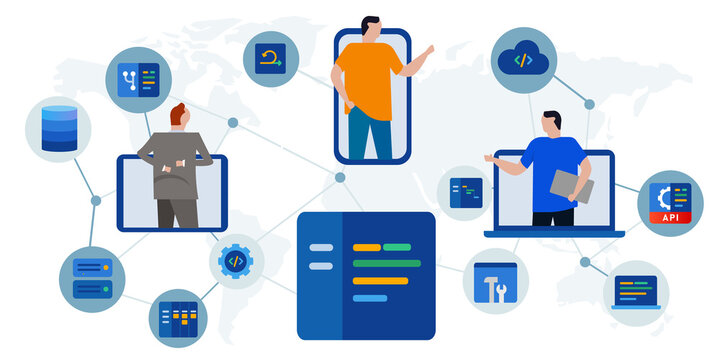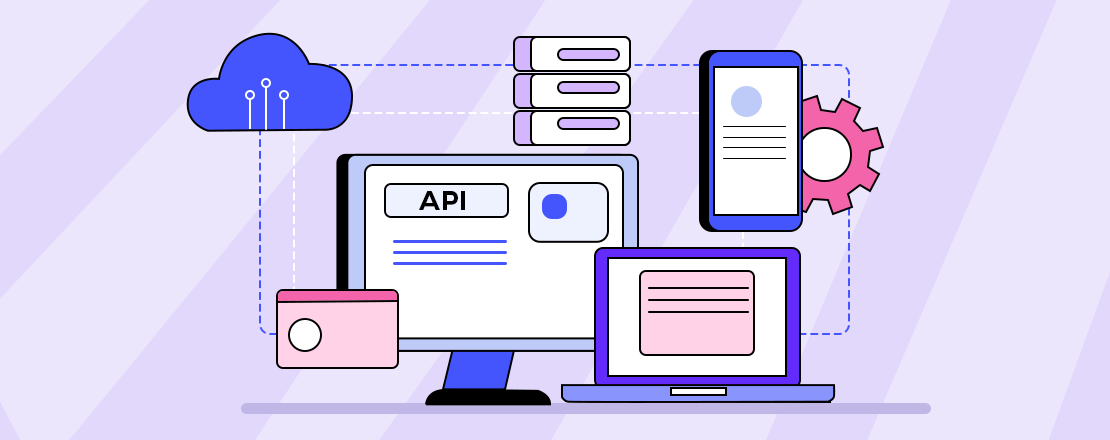Our blog is dedicated to exploring the dynamic world of digital marketing. Here, we share insights on SEO, content marketing, social media strategies, PPC advertising, email campaigns, and data-driven marketing. Whether you’re a seasoned marketer or just starting out, our blog offers valuable tips, trends, and best practices to help you navigate and succeed in the ever-evolving digital landscape.
1. Introduction to Digital Marketing
Digital marketing encompasses all marketing efforts that use the internet or electronic devices. It includes various online channels such as search engines, social media, email, and websites to connect with current and prospective customers. Digital marketing is crucial for businesses to reach a wider audience, engage with customers, and drive sales.
2. Search Engine Optimization (SEO)
Search engine optimization (SEO) involves optimizing a website to rank higher in search engine results pages (SERPs). This includes on-page optimization, keyword research, and link building. Effective SEO strategies increase organic traffic, improve visibility, and enhance the credibility of a business.
3. Content Marketing
Content marketing focuses on creating and distributing valuable, relevant, and consistent content to attract and engage a target audience. This includes blog posts, videos, infographics, and eBooks. Quality content helps build brand authority, fosters customer loyalty, and drives profitable customer actions.
4. Social Media Marketing
Social media marketing utilizes platforms like Facebook, Instagram, Twitter, and LinkedIn to promote products or services. It involves creating engaging content, running ads, and interacting with followers. Social media marketing helps increase brand awareness, generate leads, and build a community around a brand.
5. Pay-Per-Click (PPC) Advertising
Pay-per-click (PPC) advertising is a model where advertisers pay a fee each time their ad is clicked. Google Ads is the most common PPC platform. PPC allows businesses to achieve quick visibility in search engines, target specific audiences, and control their advertising budget effectively.
6. Email Marketing
Email marketing involves sending promotional messages or newsletters to a group of subscribers. It is a powerful tool for nurturing leads, engaging with customers, and driving conversions. Personalization, segmentation, and automation are key strategies in effective email marketing campaigns.
7. Analytics and Data-Driven Marketing
Analytics and data-driven marketing involve using data to measure and improve marketing efforts. Tools like Google Analytics provide insights into website traffic, user behavior, and campaign performance. Data-driven marketing enables businesses to make informed decisions, optimize strategies, and achieve better ROI.
 Français
Français 

























